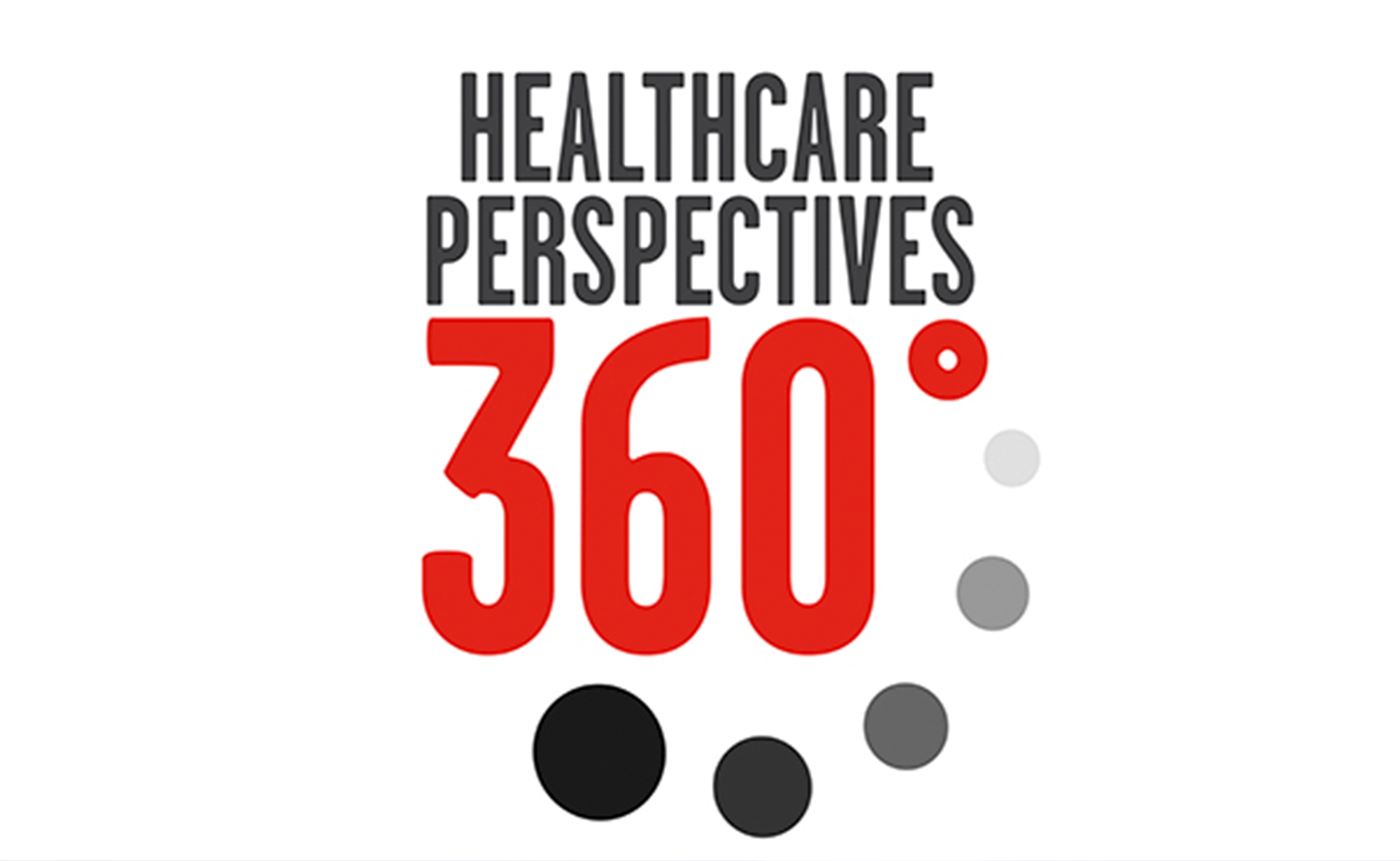Expert Insights
Thought Leadership from Our Experts
Latest Thinking

August • 12 • 2025
Hidden in Plain Sight: Exposing the Drivers of Diagnostic Error – Office-Based Practice
This white paper offers a pathway to reducing diagnostic errors in the healthcare office setting.

February • 19 • 2026
Medical Assistants: Managing the Risk
While qualified MAs in a well-designed program offer many benefits, misuse or poor program design can expose a practice to...
Read Article
February • 10 • 2026
Healthcare Perspectives 360 Podcast
This series explores timely topics from multiple perspectives, such as physician, nurse, patient, lawyer, risk manager, or...
Listen to Podcast
December • 18 • 2025
Requests for Bill Adjustments
Consider several factors before agreeing to adjust bills, including payer contracts, reporting requirements, Medicare compliance,...
Read Article
December • 1 • 2025
Elevating Care Through Nursing Peer Review
Standardized nursing peer review processes can increase organizational systematic learning while reducing nursing errors and their...
Read Article
November • 13 • 2025
Test Tracking and Follow-Up in the Office-Based Practice
Consider these recommendations for evaluating test result management systems at your organization.
Read Article
October • 22 • 2025
Strengthening Care Delivery With Failure Mode and Effects Analysis
Uncover process vulnerabilities, prioritize risks, and implement targeted improvements—leading to safer, more consistent patient...
Read Article
October • 9 • 2025
Inpatient Addiction Consult Services: Balancing Innovation and Liability
With thoughtful planning, implementation, and risk management strategies, inpatient ACS can improve outcomes and ensure more...
Read Article
September • 28 • 2025
Diagnostic Errors in the Emergency Department: Are You Getting It Right?
ED clinical decision-making and diagnostic-related malpractice events
View Poster
September • 22 • 2025
Manage Risks and Support Patients With Disclosure Best Practices
After an adverse event, following disclosure best practices helps maintain trust and supports patients and their families.
Read Article
September • 18 • 2025
Responding to Requests for Deposition Testimony
Good preparation can make the deposition process less stressful.
Read ArticleGet updates on the latest
Subscribe to our newsletter to stay in the know!
Get the latest news, white papers, analytics reports, podcasts, and more.